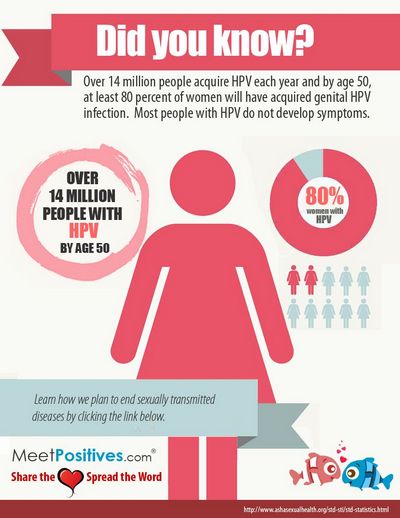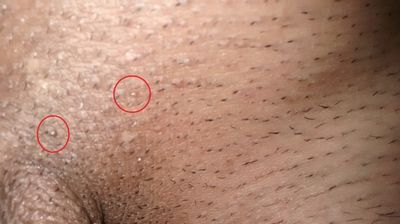STD/STI are sexually transmitted diseases.

STD/STI can be very dangerous, especially when it’s transmitted through sex.
There are several STD/STIs that are transmitted through sexual contact. The most common STDs/STIs found in the US include gonorrhea, chlamydia, HIV, genital warts, herpes simplex, syphilis, gonococcal urethritis, cervicitis, and trichomonas vaginalis. In the case of gonorrhea, it is caused by bacteria called Neisseria Gonorrhoeae.
If the person infected with STD/STI has genital warts, there is a high chance that he/she may be pregnant. Although genital warts are not life-threatening, they do not look good.
Although genital warts are easily identified, they are not always easy to remove. This is because genital warts are hard-to-detect and the size of the warts varies from one person to another. Also, they do not usually have any symptoms. In fact, the most common symptom of HPV is irritation of the anus, penis or vagina.
HIV is a type of infection transmitted through blood contact. It is transmitted through having close and unprotected sex with an HIV-positive person or, at least, sharing of contaminated objects like towels, clothing, or other things used during sexual intercourse.
Cervicitis is an infection caused by bacteria called Candida. This bacterium is found naturally in moist areas of the body such as the vagina, mouth, or anus. Cervicitis is an inflammatory condition that causes a burning or itching sensation when in the genitals.

Some of the symptoms of cervicitis include inflammation, irritation, burning, and bleeding. It can also cause abdominal pain and cramps.
Urethra stones or “urinary stones” are often the causes of kidney failure. Urinary stones may be caused by accumulation of hardened uric acid deposits inside the urinary tract. If not treated early enough, the accumulated acid can obstruct the flow of urine and result in pain.
Venereal diseases are infections caused by bacteria called Human Papilloma Virus (HPV). This virus can cause warts, skin rashes, genital sores, or genital lesions. A person may become infected by the human papilloma virus if they are exposed to the virus through vaginal, anal, oral or anal sex. These infections can cause serious medical problems and can even lead to death. There are certain medications that are available to treat this disease.
Gonorrhea is a sexually transmitted diseases caused by bacteria called Neisseria gonorrhoeae. This bacterium is a cause of serious and potentially fatal infections such as gonorrhea in babies, men, women and children. This infection, however, can also be spread through oral and anal sex.
Chlamydia is a sexually transmitted disease caused by a bacterium called Chlamydia.

This disease is most commonly spread through vaginal, oral or anal sex. Chlamydia infections are often painful and are characterized by redness and swelling of the genital area. They also may cause itching, pain and burning during urination.
Human Papilloma is a type of cancer caused by the human papilloma virus (HPV). This infection is caused by having sex with an individual who has it. There are two types of HPV – types A and B. The symptoms of this infection include discharges, skin irritation and ulcers, burning and itching sensation of the genital area.
HPV and herpes are also transmitted through sexual contact. Although both genital warts and genital herpes can lead to serious complications, it is important to know that genital warts are more common than herpes. The main difference between the two diseases is that genital warts are not dangerous, while genital herpes can cause serious complications.
The above mentioned STD or STDs can be controlled and prevented if proper information is provided to all sexually active individuals. However, it is still important for people to be aware of the symptoms of each STD. People should always seek medical assistance if they feel their body is infected.